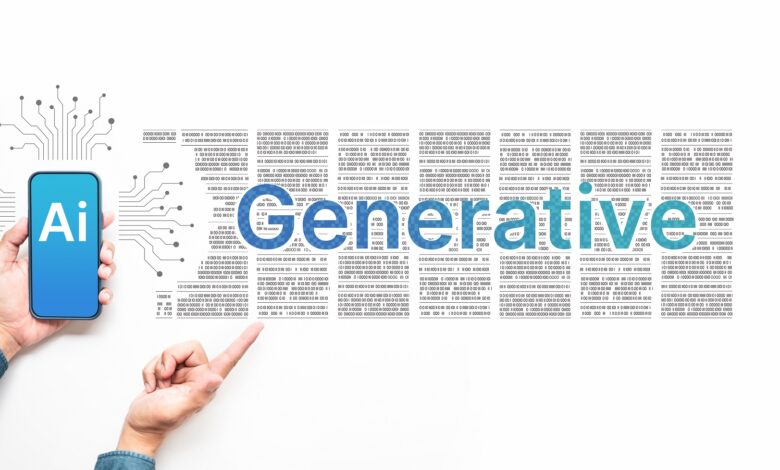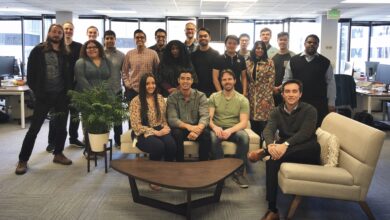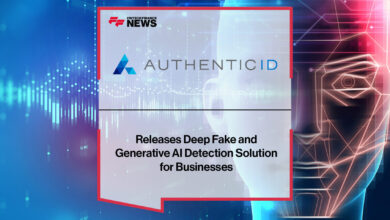University Launches Customized Generative AI Tool

Artificial intelligence (AI) programs show promise for improving communications between technical and non-technical medical teams to significantly speed up the design of computational solutions to medical problems.
As with any new technology, there is a lot of excitement about the myriad applications of AI in health care, said Tom Andriola, Vice Chancellor for Data and Information Technology at the University of California Irvine (UCI). “Burnout among physicians reached a peak with the COVID-19 pandemic and still continues to create a cognitive burden on physicians, all related to administrative tasks such as billing, coding, documentation, chart summarization, and afterhours messages from patients. These are areas [for which] AI has shown tremendous promise,” Andriola said.
Early studies have shown that ambient documentation tools can reduce up to 30 minutes of administrative time a day per physician, Andriola said. His team has deployed a customized generative AI solution called ZotGPT Chat. It was created to allow UCI affiliates to explore AI in a safer, tailor-made environment.
ZotGPT officially launched for all faculty and staff in early January, and student access was approved in late April. In addition to ZotGPT Chat, UCI offers a variety of vendor-based products/services for the UCI community in the ZotGPT portfolio. ZotGPT is about more than supporting innovation and lowering the barrier to experimentation Andriola said. It’s also about ensuring broad access to these tools in a secure and responsible way, with the proper support structures. ZotGPT can be leveraged for teaching, research, and redesigning operational workflows, he said. Further, it can serve as an engine for facilitating collaboration.
“As we enter a new era, the era of augmented intelligence, we feel it is important to provide the scaffolding necessary for the members of our organization to get access to these tools in a way that is secure and promotes privacy,” Andriola said. “It also provides the opportunity to understand how they work, where their limits are, and imagine how they might be used in the workplace today.”
ZotGPT Chat offers a mobile phone experience and voice chat. It protects the confidentiality of personal and institutional data, including uploaded files. This ensures that outside vendors cannot use proprietary data to train their models. Adoption is strong and accelerating as they work to refine and add new features, Andriola said.
Deepti Pandita, MD, Chief Medical Information Officer and VP of Informatics at UCI Health, said AI can analyze large data sets very quickly, including genomic data, and help physicians recommend treatment plans tailored with precision to individual patients. This could help minimized adverse effects (AEs) and improve outcomes.
“AI is revolutionizing the practice of medicine,” Dr Pandita said. “It is offering solutions that improve efficiency of physicians, improve accuracy of diagnostics, and ultimately improve patient outcomes. AI algorithms can analyze medical images with remarkable accuracy and detect patterns that are often missed by highly trained diagnosticians, such as tiny cancerous lesions, blood vessel blocks, etc.”
Virtual chatbots and assistants can answer patient queries and provide medical advice, which could help reduce the afterhours messaging work by physicians. Further, these tools can improve patient engagement and access. “Predictive analytics and machine learning combined with AI leads to better clinical decision support tools deployed at the point of care to assist with early diagnosis,” Dr Pandita said.
The major downsides of AI are the difficulties in assessing the algorithms for bias and fairness because most of the tools are still new, she noted. “There are also data privacy and security concerns as most AI-related machine learning happens on large data sets that have sensitive patient data,” she said. “At this point any AI tool in healthcare should be used to complement physicians who are providing care rather than replace their judgment and expertise.”



